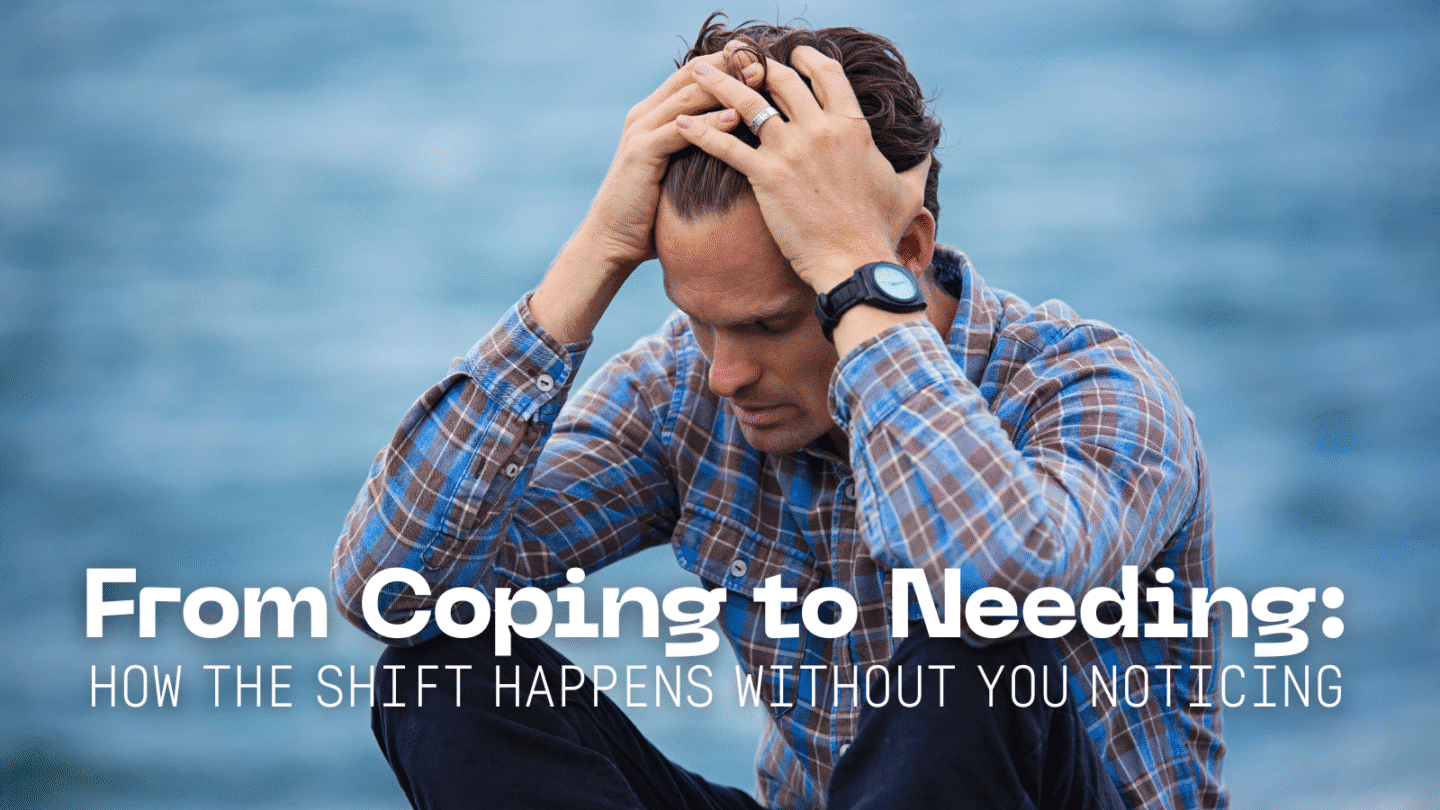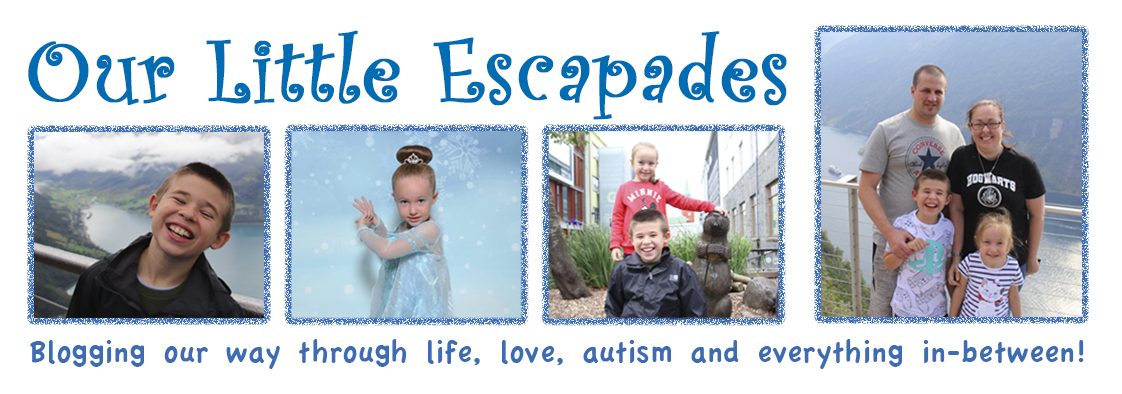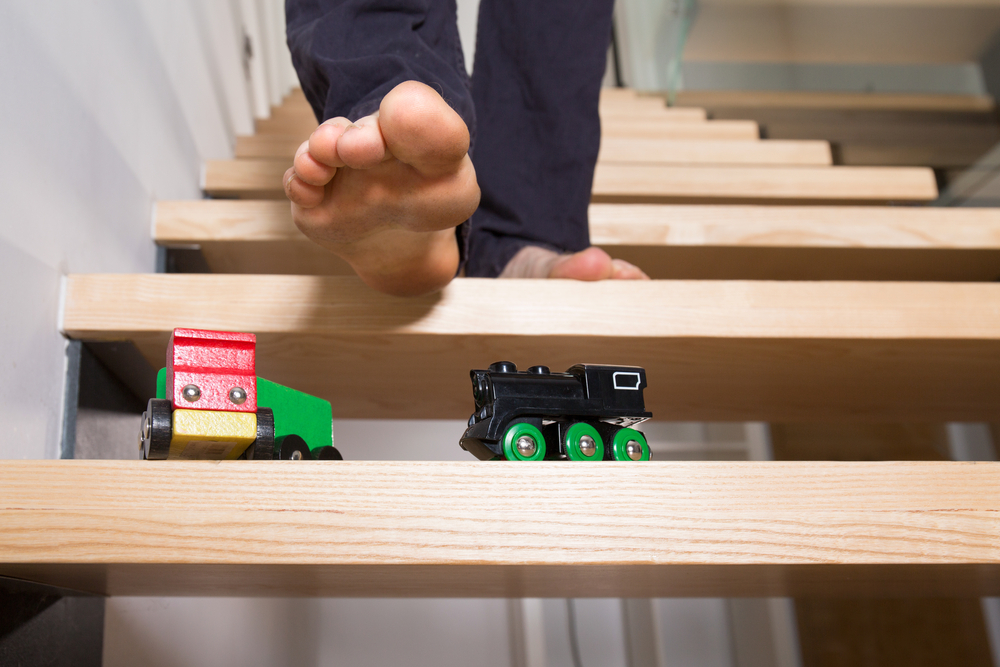Sometimes, people start using something to feel better—a way to calm down, sleep, get through the day, or just block out whatever feels too heavy. Maybe it’s a medication, maybe it’s something else. In the beginning, it really does help. Things feel a little more manageable. There’s a sense of relief. But what starts off as something small can slowly become something else entirely. And the strange part? It often happens so gradually that no one even notices until it’s already a problem.
That’s the tricky thing about dependency. It doesn’t usually show up all at once. It creeps in quietly, showing up in little changes that are easy to ignore until they aren’t.

Where It Starts: A Way to Feel Better
For a lot of people, the beginning feels harmless. Maybe it’s stress from school or work. Maybe sleep has been off for a while. Maybe anxiety keeps building up, and there’s finally a way to take the edge off. Something that calms everything down, even just a little.
Prescription medications like Xanax are often used this way. They’re meant to help with anxiety, panic attacks, or sleep issues. And when they’re used for a short time as prescribed, they can be helpful. But when the pressure keeps building and the body starts relying on that same solution every time, the brain begins to link feeling okay with taking something.
That’s where the line starts to blur.
Needing More to Feel Less
After a while, the original amount stops working as well. That calm feeling doesn’t last as long. The brain gets used to it. So the natural reaction is to take a little more. Not to get high or feel amazing—just to feel normal again. Just to take the edge off like it did before.
And that’s how needing starts. Quietly.
It stops being a choice and starts becoming a pattern. Something that used to be a backup plan becomes the only plan. Panic, tension, irritability, and even physical symptoms can show up when it’s not there. At this point, it’s not really about comfort anymore. It’s about avoiding discomfort. That shift is subtle, but it changes everything.
For those feeling stuck in that cycle, Legacy offers xanax addiction treatment that focuses on healing the root of the problem—not just the symptoms.
Why It’s So Easy to Miss
People don’t usually notice the shift when it’s happening to them. It feels gradual, and life doesn’t fall apart overnight. School or work might still be getting done. Conversations still happen. Responsibilities still get checked off.
That’s one of the reasons dependency can stay hidden for so long. It doesn’t always look dramatic from the outside. But underneath, something important is changing: the ability to cope without help starts fading. And that’s not something most people realise until it’s already gone.
There might be a moment where someone looks up and realises they haven’t gone a day without taking something. Or they notice that just thinking about stopping makes them anxious. That’s usually the point when it becomes clear—this isn’t just about stress anymore. It’s about needing something to function.
What It Feels Like When Control Starts Slipping
Losing control doesn’t always look chaotic. Sometimes, it just feels like being stuck.
It can feel like not knowing how to get through a day without a pill. Or pretending everything’s fine while feeling panicked underneath. There may be guilt, shame, or confusion, especially when the thing being used was once prescribed to help.
But those feelings don’t mean failure. They’re actually signs that something deeper needs attention. And recognising that is a turning point—not the end.
Why It’s Not Just “Mental Strength”
People often try to fix it on their own. Maybe by cutting back slowly or waiting for things to feel less overwhelming. But when the body and brain have gotten used to something, willpower alone usually isn’t enough.
This isn’t about being weak or lacking discipline. Dependency affects brain chemistry. It changes how stress and calm are processed. That’s why professional support matters—it helps rebuild the systems that got disrupted.
And when that support includes real care, personalised treatment, and a plan that fits real life, healing starts to feel possible.
Finding Your Way Back to Balance
Recovery isn’t just about stopping a medication. It’s about learning how to feel safe, calm, and okay again—without needing to rely on something outside of yourself.
That means finding better ways to deal with stress. Building routines that feel grounding instead of draining. Getting to the reasons behind the anxiety or overwhelm. And doing it all in a way that feels supportive, not judgmental.
Some people need more structure, like a detox or inpatient program. Others do well with outpatient care that fits into their daily lives. What matters most is finding a space where healing is actually possible—not just expected.
What Real Healing Feels Like
It’s not instant. It’s not always neat. And it definitely doesn’t feel magical. But it does feel real.
One day, it becomes easier to fall asleep without help. Another day, that old panic doesn’t hit quite as hard. Slowly, the body starts remembering how to breathe again without being told to.
And over time, the need starts to fade—not just the physical one, but the mental grip too.
That’s what freedom feels like. Not perfect days, but peaceful ones. Not pretending everything’s fine, but actually being okay with where you are.
The Bottom Line
Coping can easily slide into dependency when the same method becomes the only way to feel normal. That shift often happens slowly, without big warning signs, making it easy to miss until things feel out of control. Real recovery begins when the need is recognised—not as a failure, but as a signal that something needs care and attention. Support makes that healing possible. It helps break the cycle and rebuild the ability to feel calm, safe, and in control again—without relying on something just to get through the day.
DISCLOSURE – This is a collaborative post.




